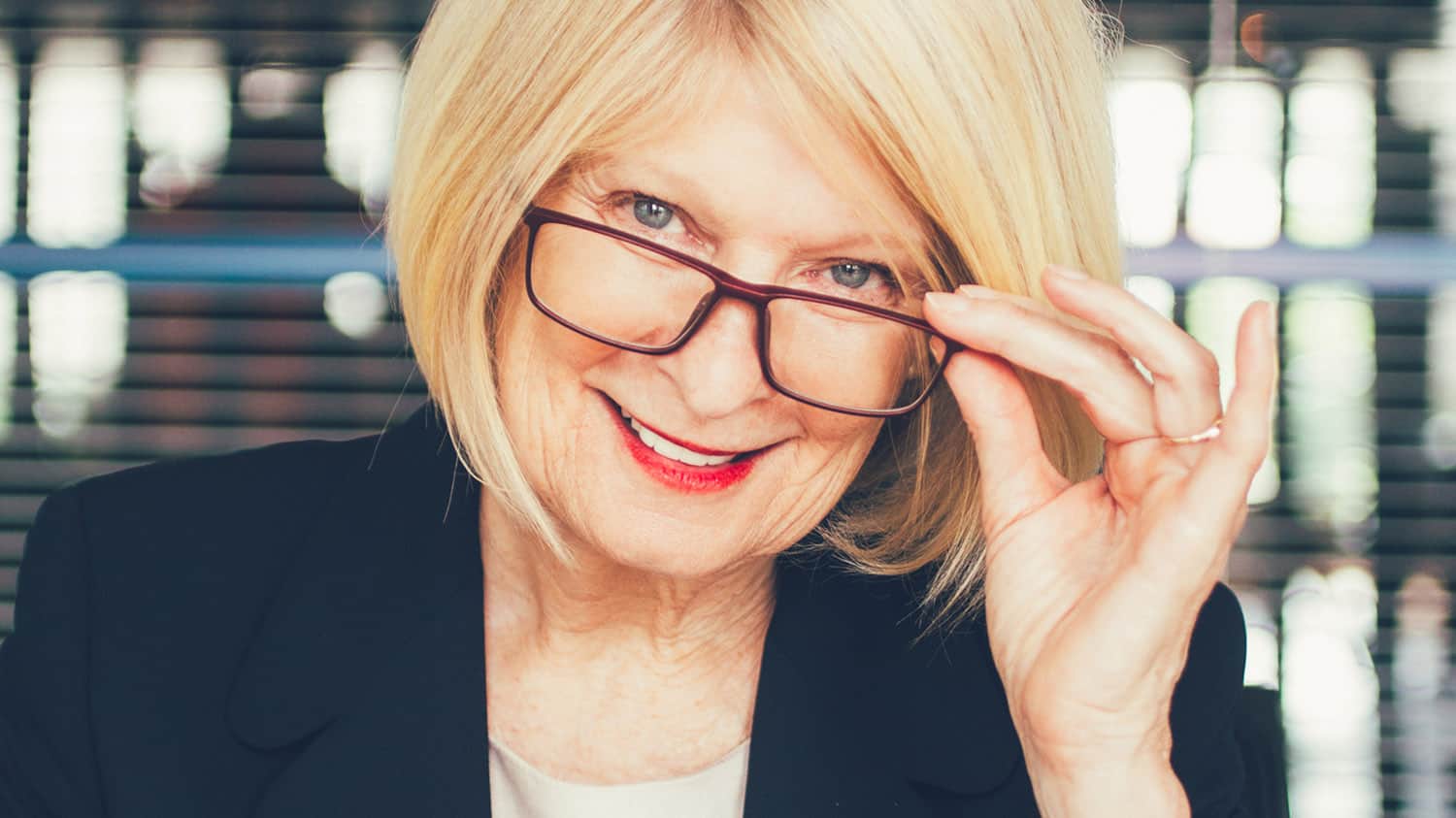
Is Our Fear of Financial Risk Killing Our Retirement Dreams? You Bet!
If there is one thing that financial advisors, the media and seniors agree on it is that “the older you get, the less risk you should take with your money.” On the surface, this advice makes perfect sense. After all, having 100% of your money in stocks, one year before retirement could have disastrous consequences… especially if the market dips right before you start to cash out your savings.
I can’t help but wonder though whether the advice that you all accept regarding how to manage risk in the years leading up to retirement isn’t having unintended consequences in other parts of our financial lives.
In other words, as older adults, are we applying the concept of risk reduction too broadly and, as a result, missing out on financial (and other life) opportunities.
Are Anti-Risk Words and Images Coloring Your Financial Future?
If there is one thing that I have learned in my 40+ years in marketing, it is that words matter. The way that we talk about concepts – both individually and as a society – has a powerful impact on our thoughts and beliefs.
Think for a second about how retirement is portrayed in the movies and on TV. Culturally speaking, retirement is a time for slowing down and hoarding our assets. It is a time for shutting yourself off from the world and looking back wistfully at the “good old days.” It is a time for rejecting risks and accepting reality.
On a practical level, the financial advice that we receive is equally risk-averse. The older we get, the more of our money we are supposed to shift out of stocks and into bonds. Now, I’ll leave the discussion of whether bonds are really as safe as we think they are for another article. For now, I just want to focus on the multiplier effect that our risk aversion may be having on other aspects of our lives.
The question is this: As older adults, have we taken risk aversion and financial pessimism too far? Has our desire to avoid portfolio risk made us less likely to start businesses, move to cheaper cities (or abroad), accurately estimate our life expectancy and take social risks?
There Are Good Risks and Bad Risks at Every Stage of Our Lives
By now, we know that not all risks are created equal. Smoking a pack of cigarettes a day is a risky behavior with almost no upside. Starting a business could be considered risky, but, it also has the potential to change your life for the better.
Likewise, when it comes to how we think about risk in retirement, it pays to evaluate each opportunity separately.
Leaving all of your money in stocks may be genuinely risky for someone who needs to live off of their retirement savings. At the same time, moving all of your money into government bonds when you are in good health and, as a result, will probably live for 20-30 years could also be considered risky. It’s all about finding balance.
But, being too conservative with your portfolio is not the worst consequence of accepting the risk avoidance mentality of aging. The worst consequences of risk aversion are that they can prevent us from reaching our potential in other areas of our lives.
Starting a Business is Not as Risky as it Feels
There is a (false) belief that younger adults make better entrepreneurs than their older counterparts. Part of the reason that we believe the myth that younger entrepreneurs are more successful has to do with our perceptions of risk; on some level, we instinctually see young adults as being willing to take more risks.
The truth is that older adults are consistently more successful with our business ventures. In fact, statistically speaking, the older you are, the more likely you are to be able to turn your idea into a profitable venture.
After interviewing 100s of pre-retirees and retirees, I can tell you that our risk aversion is one of the biggest factors holding us back from starting businesses.
Ironically, starting a business could help you to avoid one of the biggest risks that we all face as we get a little older – running out of money in retirement. By accepting small financial risks now, you may be able to avoid large money problems in the future.
To be clear, starting a business doesn’t have to involve a large upfront financial investment. I’m certainly not saying that you should cash out your 401K to work on that idea for a walking kettle that you have always had in the back of your mind.
There are plenty of businesses that can be started for almost nothing – consulting, writing, dog walking, babysitting, teaching, soap making, marketing, PR, chocolate making, etc. And, once you see some success, you can always reinvest your profits in more complex ventures, if you so desire.
Be Cautious with Your Money But Bold with Your Life After Retirement
Accepting the idea that old people should be risk averse is one of the fastest ways to kill your dreams in retirement. Life is inherently risky and we can’t hide from this simple fact.
I know so many people who would love to retire abroad. These soon-to-be-retirees see how much further their Social Security checks could stretch in another country. They may also love the idea of living in a warmer climate or experiencing a new culture.
The majority of these older adults will never find the courage to leave their comfort zone. Why? Because they have hundreds of little perceived risks rattling around in their heads.
What if I can’t make friends?
What if I get sick?
What if I can’t speak the language?
What if I miss my family?
To be clear, these are valid concerns. But, for most people, they are also completely solvable problems.
By the way, it is not just our financial lives that suffer when we accept risk aversion in retirement.
Dating is risky. Sports are risky. Riding a bike is risky. Traveling by yourself is risky. But, doing nothing in retirement is the riskiest choice of all!
The bottom line is that, if we want to get the most from life after retirement, we need to separate portfolio risk from other perceived risks. We should absolutely listen to our financial advisors when it comes to our money, but, we should listen to our hearts and heads when it comes to everything else.
Do you think that, as older adults, we tend to be too risk-averse when it comes to our money, businesses and lives? Why or why not? What impact, if any, do you think the media has on our perceptions of risk? Let’s have a conversation.






